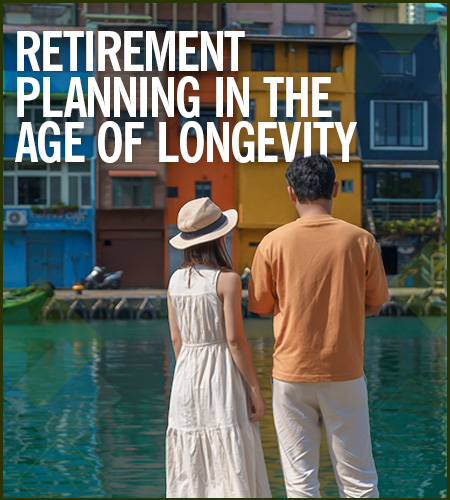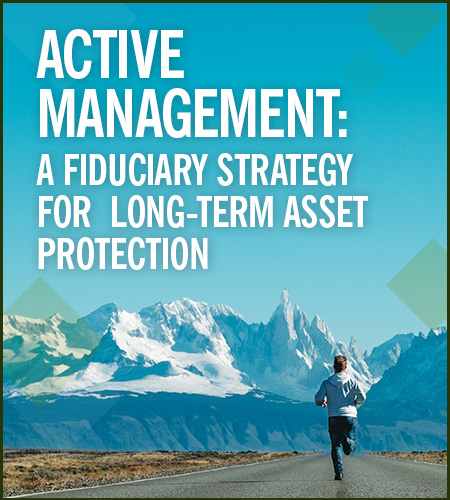Legacy Planning and Wealth Transfer in the Modern World
Legacy Planning and Wealth Transfer in the Modern World
Legacy planning has evolved significantly in the modern world, requiring careful consideration of both financial and emotional aspects. While traditional estate planning tools remain important, managing family dynamics is now a central concern. Blended families and international relatives introduce complexities, necessitating early and open communication to prevent conflicts. Involving family members in the planning process, discussing roles and asset distribution, and using neutral third-party mediators can help navigate these challenges. This proactive approach ensures that wealth transfer respects family structures and minimizes emotional conflict.
Additionally, the rise of digital assets adds a new layer of complexity to legacy planning. Cryptocurrencies, digital wallets, and online business interests need to be incorporated into a comprehensive plan. Creating a secure inventory of digital assets and ensuring beneficiaries have clear, updated instructions for access are crucial steps. Legal advice is also important to ensure …










